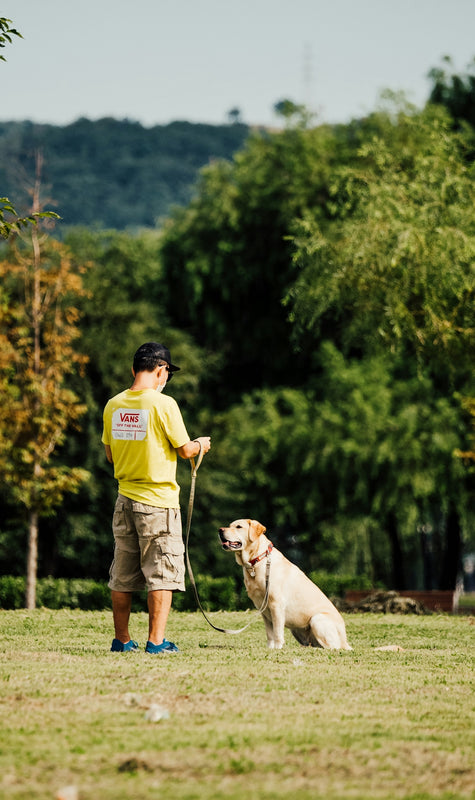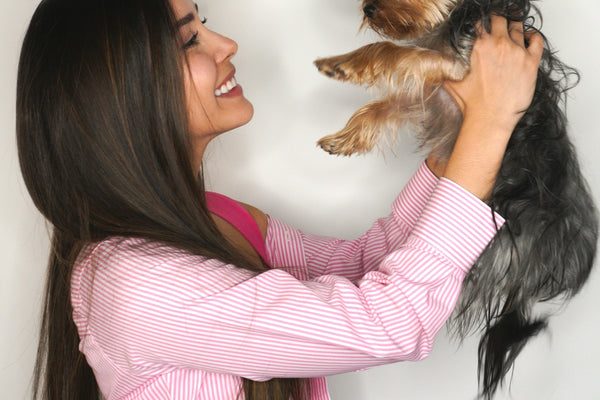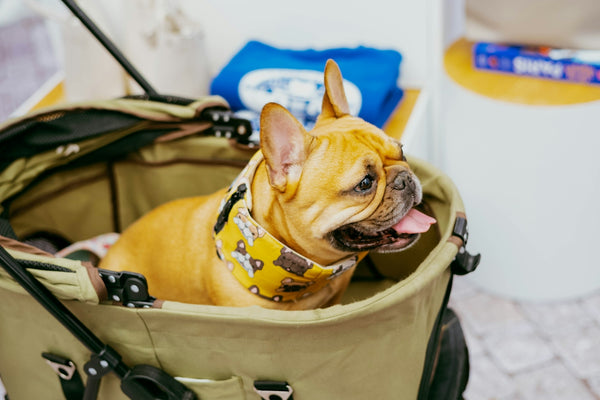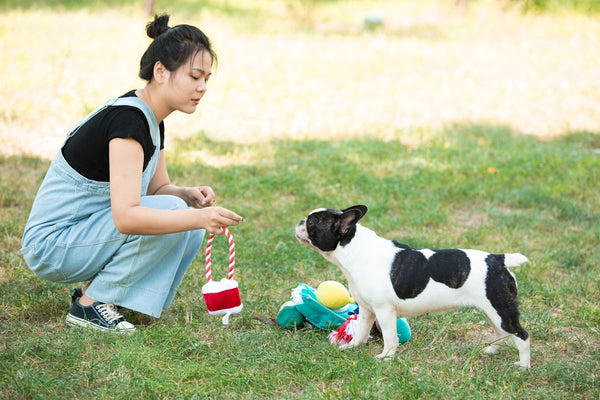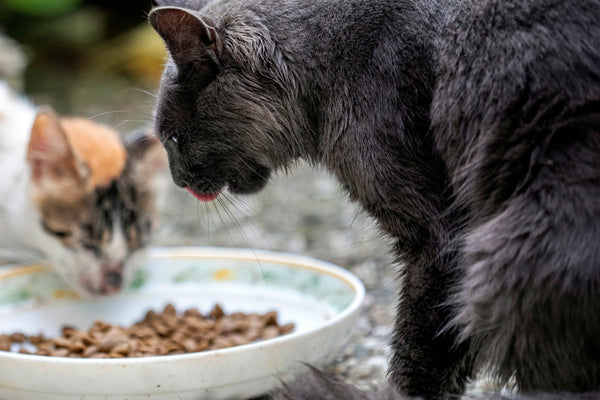Understanding the behavioral changes in your pets during recovery is crucial for their physical and emotional well-being. Pet recovery is a journey that can be as rewarding as it is challenging. While each pet is unique, recognizing these behavioral changes and responding appropriately can make all the difference. In this comprehensive guide, we'll explore the typical behavioral changes pets undergo during recovery and offer practical solutions to help both you and your furry companion navigate this process successfully.
Recognizing Behavioral Changes
Increased Dependence
During recovery, pets often exhibit increased dependence on their owners. This is partly due to their inability to engage in normal activities, leading to a greater reliance on companionship and care. You might notice your pet seeking more attention, cuddling more, or following you around the house more than usual.
Mitigating Increased Dependence
Participating in interactive play can help distract and comfort your pet. An excellent option to consider is the Interactive Automatic Rolling Dog Ball Toy. This smart toy keeps your dog entertained and mentally stimulated, also helping to reduce anxiety by providing a dynamic distraction.
Lethargy and Lack of Interest
It's not uncommon for pets to appear lethargic or uninterested in activities they once loved. This could be due to pain, the effects of medication, or simply the recovery process itself. It’s crucial to observe if this behavior persists and consult a veterinarian if needed.
Encouraging Activity
Incorporating simple, gentle activities into your routine can help boost their spirits. Short strolls within the confines of a safe area can be beneficial. As your pet recovers, gradually increase their activity levels to build strength and stamina.
Anxiety and Restlessness
Recovery can be an anxious time for pets, filled with unfamiliar sensations, limited mobility, and isolation from regular routines. Restlessness is another sign of stress, where pets may pace, whine, or seem unable to settle down.
Calming Strategies
Calming chews such as the Natural Care Advanced Mobility Chews for Dogs can offer relief. These chews provide support for hip and joint health, which can be particularly soothing for pets dealing with discomfort and stress during recovery.
Facilitating a Comfortable Recovery Environment
Creating Safe Spaces
A safe and comfortable space can significantly impact your pet's recovery experience. Choose a calm, quiet area in your home where your pet can rest undisturbed. This will act as a sanctuary where they can relax, recuperate, and feel secure.
Seasonal Comfort
Especially during colder months, it's vital to ensure your pet stays warm. The Cozy Winter Dog Coat with Harness Hole is perfect for keeping them cozy and protected against the chill, ensuring they're both comfortable during outdoor recovery activities.
Nutrition and Recovery
Proper nutrition plays a significant role in recovery, aiding in faster healing and overall well-being. A balanced diet rich in essential nutrients supports physical recovery and boosts energy levels, which can help combat lethargy and mood swings.
Joint and Mobility Support
Supplements that support joint health can be particularly beneficial, especially for dogs recovering from surgeries or injuries that affect mobility. Paw-some Chicken Chews for Joints offer a delicious and nutritious method to help sustain joint functionality and ease mobility issues.
Monitoring Progress and Vet Appointments
Regular check-ins with your veterinarian ensure that your pet's recovery is on the right track. Be vigilant in observing any changes in behavior, appetite, or overall demeanor and report these to your vet promptly.
Importance of Follow-Up Visits
These visits are crucial for assessing recovery progression. Stay proactive in scheduling appointments and following your vet's advice closely. An open line of communication with your vet can provide reassurance and valuable insights needed to adjust care as necessary.
Conclusion
The recovery period is a time to show immense patience, understanding, and compassion towards your pet. By recognizing and responding to behavioral changes, creating a supportive environment, and providing proper nutrition and care, you can help your furry friend adapt and thrive through this challenging time.
For a selection of pet care products that cater to recovery support and beyond, visit My Pet Collective.
Because a well-supported pet is a happier, healthier pet.
